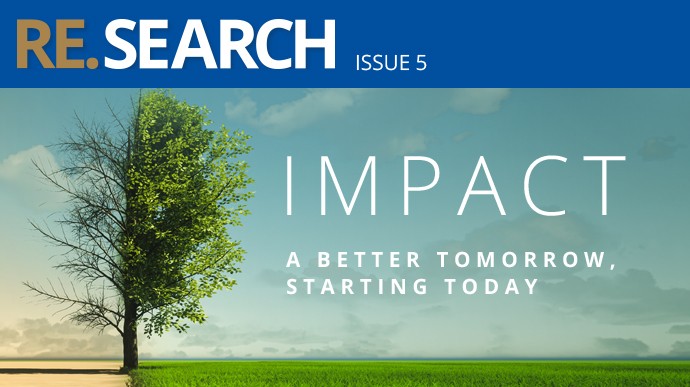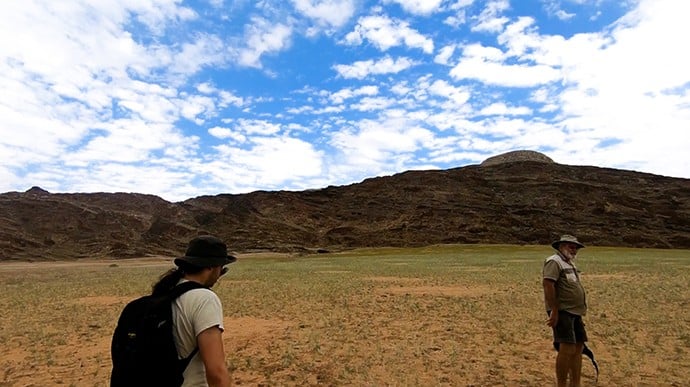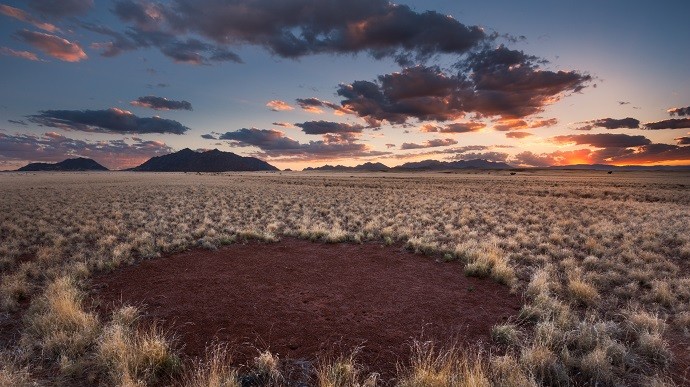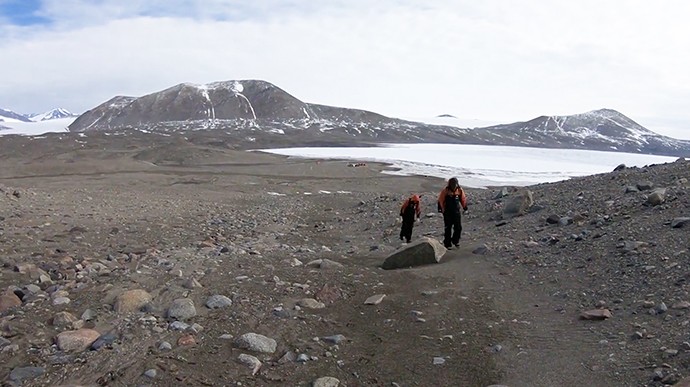 Lecture
Lecture
Microbes (bacteria, archaea, fungi, and viruses) are the most diverse and numerically abundant entities on our planet. However, we know surprisingly little regarding the vast microbial universe within and beyond us. The past two decades of sequencing-enabled research have revealed remarkable insights regarding the diversity and functional attributes of microbial communities, yet we lack...
 Story
Story
This issue of RE.SEARCH looks at the impact of the University of Pretoria's research from early childhood interventions and the use of traditional medicines for holistic nursing to the role of women in peacekeeping efforts. The issue also provides insight into the critical question of coal power supply and how it will affect the economic opportunities of communities in the future.
 Web Series
Web Series
In this episode, we learn about a theory from researchers at the University of Pretoria that could explain 'fairy circles' in Namibia. The answer may be in a theory proposed by Prof Don Cowan. He explains more in this episode.
 Story
Story
University of Pretoria (UP) scientists have posited a theory that could explain the tens of thousands of “fairy circles” that can be seen dotted across the arid landscape of Namibia.
 Story
Story
The ice-free areas of Antarctica were initially thought to be devoid of life, but with the advent of modern genetic technologies, scientists now know that microorganisms have adapted to living in this extreme environment.
 Web Series
Web Series
The Dry Valleys of East Antarctica are the most extreme example of polar soils; these valleys are arguably the coldest and driest deserts on Earth. In this episode, Prof Don Cowan explains why these microorganisms are important and what they do in this environment.
Copyright © University of Pretoria 2025. All rights reserved.
Get Social With Us
Download the UP Mobile App